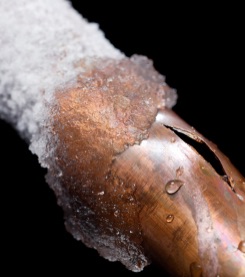When you have a plumbing problem, Honest Plumbing in Arvada is here to help. We also offer advice on how to save money with efficient plumbing and reducing your water usage. With just a few common sense tips presented here, you’ll be well on your way to reducing your water bill.
We all depend on water for cooking, cleaning, and showering. We also depend on our toilets to flush. It’s a part of so many things in our lives. Did you know that the average person uses about 80-100 gallons of water in one day? So if you have a family of four, we’re talking about 146,000 gallons a year. So, it’s important to keep your plumbing running clear, clean, and efficient.
Appliances
Some people mistakenly think if you use energy efficient systems it will lower the performance because it uses less energy to run, but in fact, it is the opposite. High efficiency comes with high performance. So good advice is to always let our plumbers install WaterSense labeled fixtures and ENERGY STAR certified appliances. By being more efficient, it can help your family decrease water consumption by 20-30% and save money on your water bills.
Water Heaters
Hot water is a great luxury but water heaters account for 14-18% of your utility bills. A standard storage and heat pump water heater can usually last between 8-12 years, but the tankless models can last over 20 years. If it’s time to replace your old water heater, buy in an ENERGY STAR certified model to help you decrease energy usage and water consumption which will lower your water bill. Our technicians can put in a new water heater for you.
Shower Heads
Everyone likes to stand under a hot shower, but the water used in the shower can be almost 17% of your total home’s water consumption. You can either take shorter showers or you can install an energy efficient shower head which can possibly save the average family 2,900 gallons of water per year. We can help you install a new shower head in now time.
There are a couple of types of low flow shower heads. The first is the aerating shower head which mixes air into the water in order to maintain a constant pressure while using less water. The second is a non-aerating shower head which uses pulses to keep the water stream strong while maintaining a constant pleasant temperature.
Toilets
One of the largest users of water in your home besides a sprinkler system is your toilet. A standard model toilet uses about 3.5-7 gallons with every flush. Our plumbers at Honest Plumbing can replace your old toilet with a low-flow toilet you may be able to cut your water usage by 25% or more and save you money.
Honest Plumbing serving the Denver metro area is here to help you, any time of the day or night with any plumbing problem or emergency that you face. If you follow our tips on how to save money with efficient plumbing, you will also be able to reduce your water usage.



